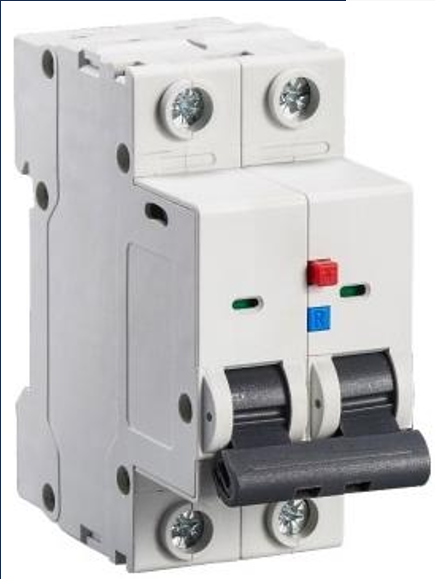Common Circuit Breaker Problems and How Predictive Maintenance and Big Data Can Help
 12 12
12 12Circuit breakers are crucial for protecting electrical systems from issues like overloads and short circuits. However, they can face problems that affect their performance. In this article, we will talk about common circuit breaker problems. We will also explain how predictive maintenance and big data can help solve these issues. This can improve safety and make systems more reliable.

1. Wear and Tear Over Time
As circuit breakers age, they experience wear, especially in high-demand environments. Predictive maintenance, using big data, helps monitor breakers in real time. It can spot wear early and alert you to replace or service the breaker before it fails.
2. Incorrect Sizing of Circuit Breakers
If a circuit breaker is too small, it may trip too often. If it’s too large, it might not protect the system properly during faults. Big data helps track your system’s electrical load, making it easier to choose the right size for your breakers. This ensures better performance and fewer issues.
3. Tripping Without Apparent Cause
Circuit breakers that trip without any obvious reason may indicate hidden problems like power surges or faulty wiring. Predictive maintenance systems can monitor electrical data, spotting unusual patterns that may cause unexpected trips. This allows you to address the issue early.
4. Failure to Trip During Faults
If a breaker doesn’t trip when there’s a fault (like an overload), it can damage the system. With big data tools, you can track the breaker’s performance over time. Predictive maintenance can help you replace breakers before they fail, keeping the system safe.
5. Age and Reliability of Circuit Breakers
Over time, circuit breakers become less reliable as their parts wear out. You can use predictive maintenance and big data to watch how breakers perform. This helps you plan replacements before they fail. This helps extend the life of your system and reduces unexpected downtime.
6. Environmental Factors Affecting Breaker Performance
Temperature, humidity, and dust can affect how well circuit breakers work. These factors can cause rust, overheating, or physical damage. Big data systems can monitor these conditions and notify you if the breaker is at risk, preventing potential failures.
7. False Sense of Security with Circuit Breakers
While circuit breakers protect systems, relying on them alone can be risky. If there’s an underlying problem, like faulty wiring, the system may still be at risk. Predictive maintenance with big data provides a better safety solution. It monitors the entire system, not just the breaker.
8. Cost and Complexity of Circuit Breaker Maintenance
Maintaining circuit breakers can be expensive, especially if failures lead to downtime. By using predictive maintenance and big data, you can move from reactive to proactive maintenance. This helps optimize repair schedules and lowers the overall cost of keeping the system running.
9. Limited Protection for Certain Faults
Circuit breakers protect against some faults, but they may not cover all types, like ground faults or arc faults. For added safety, you may need other devices. These include Ground Fault Circuit Interrupters (GFCI) and Arc Fault Circuit Interrupters (AFCI). Big data can track these devices' effectiveness and suggest improvements.
10. Conclusion: Improving Circuit Breaker Reliability with Predictive Maintenance and Big Data
Circuit breakers are key to electrical safety, but they can face problems that reduce their effectiveness. By using predictive maintenance and big data, you can track the health of your breakers in real-time. This proactive approach reduces downtime and keeps your system safe and reliable.
For more information on making circuit breakers more reliable, contact a professional electrician. They can explain how predictive maintenance and big data can help your system.
Subscribe to my newsletter
Read articles from 12 12 directly inside your inbox. Subscribe to the newsletter, and don't miss out.
Written by
